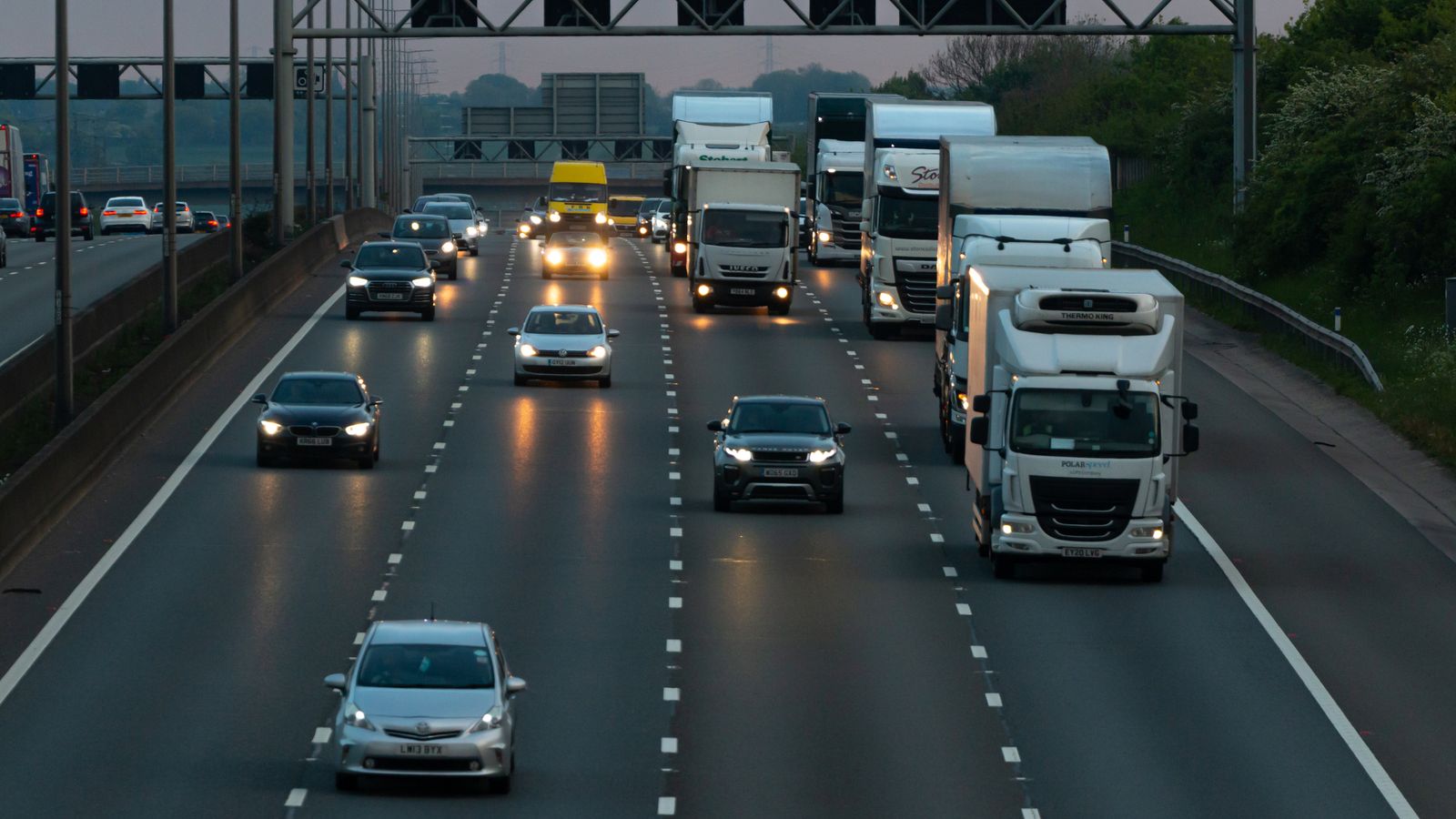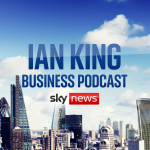The problem with fuel, as anyone who’s ever spilled petrol when filling up knows, is that it gets everywhere, and the smell lingers.
The same applies to fuel price inflation.
Along with rising energy costs it is the driving force behind a 7% increase in prices in the year to March, a 30-year high likely to last only until next month, when it will go up again.
Prices were already rising before Vladimir Putin sent his troops into Ukraine at the end of February but these figures give us a first glimpse of the inflationary impact of war.
Consumers do not need to be told that the invasion sent petrol and diesel prices to record highs, with average prices still above 160p and 170p per litre respectively.
But the wheels of our carbon economy are also turned by petrol and diesel, and those rising costs have infiltrated every sector measured by the Office for National Statistics (ONS).
Eight of the 12 areas the ONS uses to measure inflation saw increases in the year to March, six of them rising by the largest amount in a decade: food and drink rose 5.9%; clothing and footwear 9.8%; furniture and household equipment 10.3%; restaurants and hotels 6.9%.
Ukraine war: US inflation reaches highest rate since 1981 as conflict pushes up energy prices
Cost of living: See how much your spending has increased over the past five years
Shop price inflation hits highest rate since 2011 – but the full impact of mounting costs is yet to be seen
Transport costs were the most significant, a 13.4% increase contributing almost 1.5% to total inflation, and it is not just refined fuels that count.
Motor fuels and lubricants combined were up 30.7% year-on-year, driven in large part by a sustained rise in the price of oil.
The ONS says food price inflation is also at its highest rate in over a decade, with every stage from farm to shop impacted.
Soaring electricity costs have driven up the price of fertiliser production, the price of commodities including wheat and sunflower oil have risen as a consequence of the war in Ukraine, and transport for everything costs more.
Fuel and energy head the list of crucial raw materials that are behind this inflation spike.
Material and fuel “input costs” – the price paid by industry at the start of the manufacturing process – rose 19.2% in March.
And producer price inflation – the cost of goods and services bought and sold by UK manufacturers – was 11.9%.
Those are costs that are in the pipeline, irreversible and will reach consumers in due course, and they are not the only ones.
The impact on food supply of the war in Ukraine remains unclear, but with Russia it provides 30% of the world’s wheat and if they are not planting and harvesting soon prices will only get higher.
And these figures do not include the rise in labour costs imposed this month with the 10% increase in national insurance paid by employers and the rise in the national minimum wage, or the increase in the domestic energy price cap.
Follow the Daily podcast on Apple Podcasts, Google Podcasts, Spotify, Spreaker
These are steepling, perhaps generational increases in the cost of living and it has happened very fast.
Consider that just 12 months ago inflation was 0.7%, below the Bank of England’s target rate.
Last month it forecast inflation could hit 10% by the end of the year. Unfortunately that looks like being among its more reliable projections on the subject.
Interest rates have risen twice since February and seem certain to go up again next month to at least 1%, though there is not much domestic rate changes can do about a cost of living crisis driven by raw materials traded on global markets and a war in Europe.
Families are certain to be squeezed, with real wages likely to fall further behind inflation.
Figures for February released this week showed a fall of 1% and that gap is expected to grow as domestic energy rises bite on already stretched budgets.
This is turning into a generational disaster for households and a defining challenge for government and the central bank.
Watch Sky News’ Q&A on the cost of living crisis and growing inflation live at 7.30pm tonight.






















